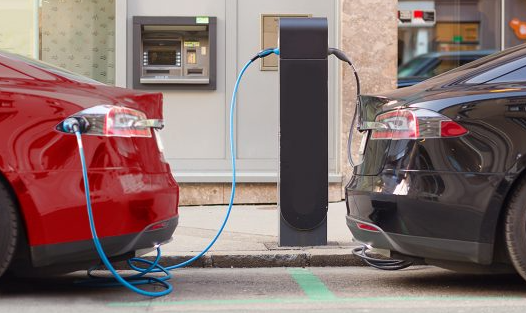The Biden administration has enthusiastically advocated for the adoption of electric vehicles (EVs) instead of traditional gasoline-powered cars in the fight against climate change since President Biden assumed office. Just recently, Jennifer Granholm, who serves as Secretary of Energy in Joe Biden’s cabinet, embarked on a four-day journey with a convoy of electric vehicles to showcase their efficiency.
Concerns have been raised by consumers regarding challenges associated with electric vehicles (EVs), such as the difficulty of locating charging stations when they are required. Secretary of Energy Granholm experienced this firsthand when her EV caravan was nearing Augusta, Georgia. In response, a member of her team, driving a gasoline-powered vehicle, advanced ahead of the EV caravan and occupied a charging station to reserve a spot, ensuring that the caravan would have access to charging facilities.
As the gasoline-powered vehicle occupied the charging station, a family on an electric vehicle journey arrived, requiring a charge for their car. This led to a conflict, prompting the family to contact law enforcement. When the police arrived at the scene, they clarified that in Georgia, it is not against the law to park a gasoline-powered vehicle in an electric charging station.
The family had an infant with them in their vehicle, and they were traveling in hot weather conditions. The Energy Department personnel took action by redirecting other incoming vehicles, making one of the charging stations available for the family without any delay. Nonetheless, other drivers had to wait in a queue until Secretary Granholm’s staff cleared the charging stations for them to use.
A journalist from NPR accompanied Secretary Granholm’s convoy and observed additional challenges in relation to charging the electric vehicles (EVs) during the journey. In Grovetown, they encountered a charging station with a malfunctioning display screen.
In Tennessee, one of the vehicles only charged at a rate that was one-third of its expected capacity. Electrify America has acknowledged that these issues are not isolated incidents, attributing them to a faulty component that is affecting the proper operation of several chargers.
According to JD Power, the majority of consumers are reluctant to make the transition from conventional gasoline-powered vehicles to electric vehicles due to their apprehensions regarding the accessibility and speed of charging facilities.




